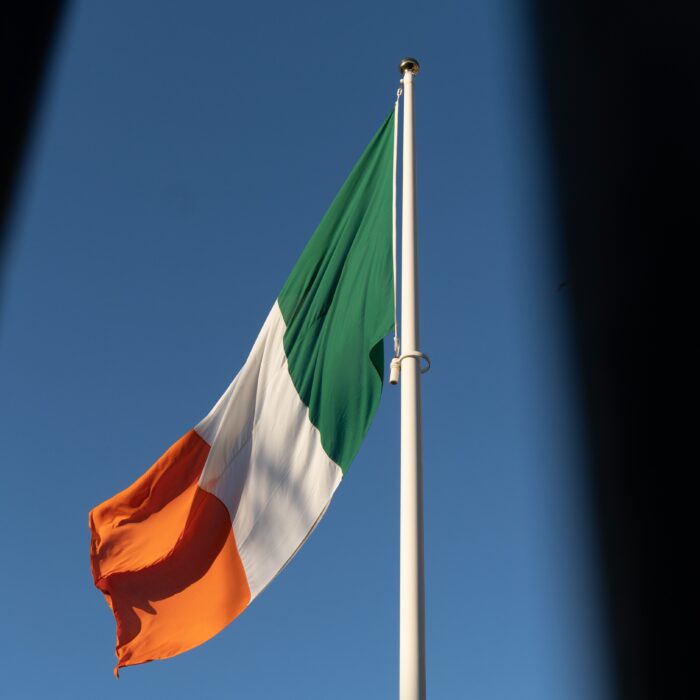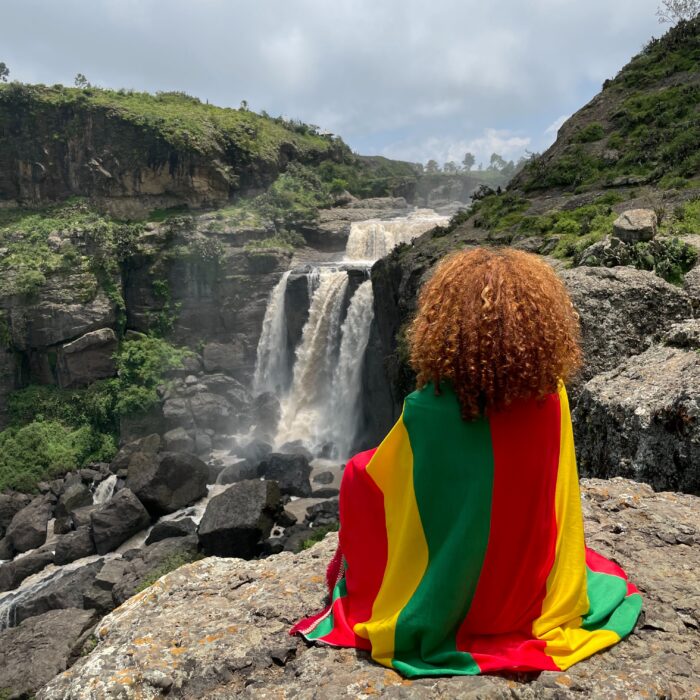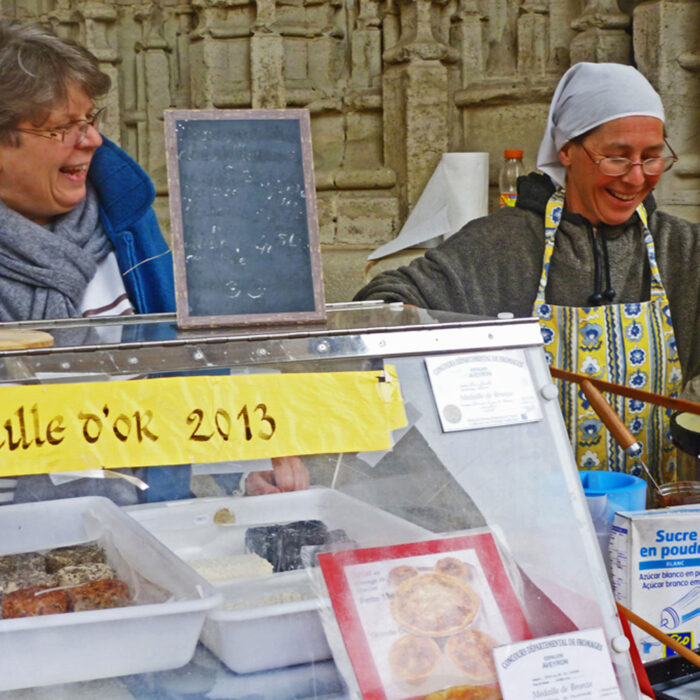You have no items in your cart. Want to get some nice things?
Go shopping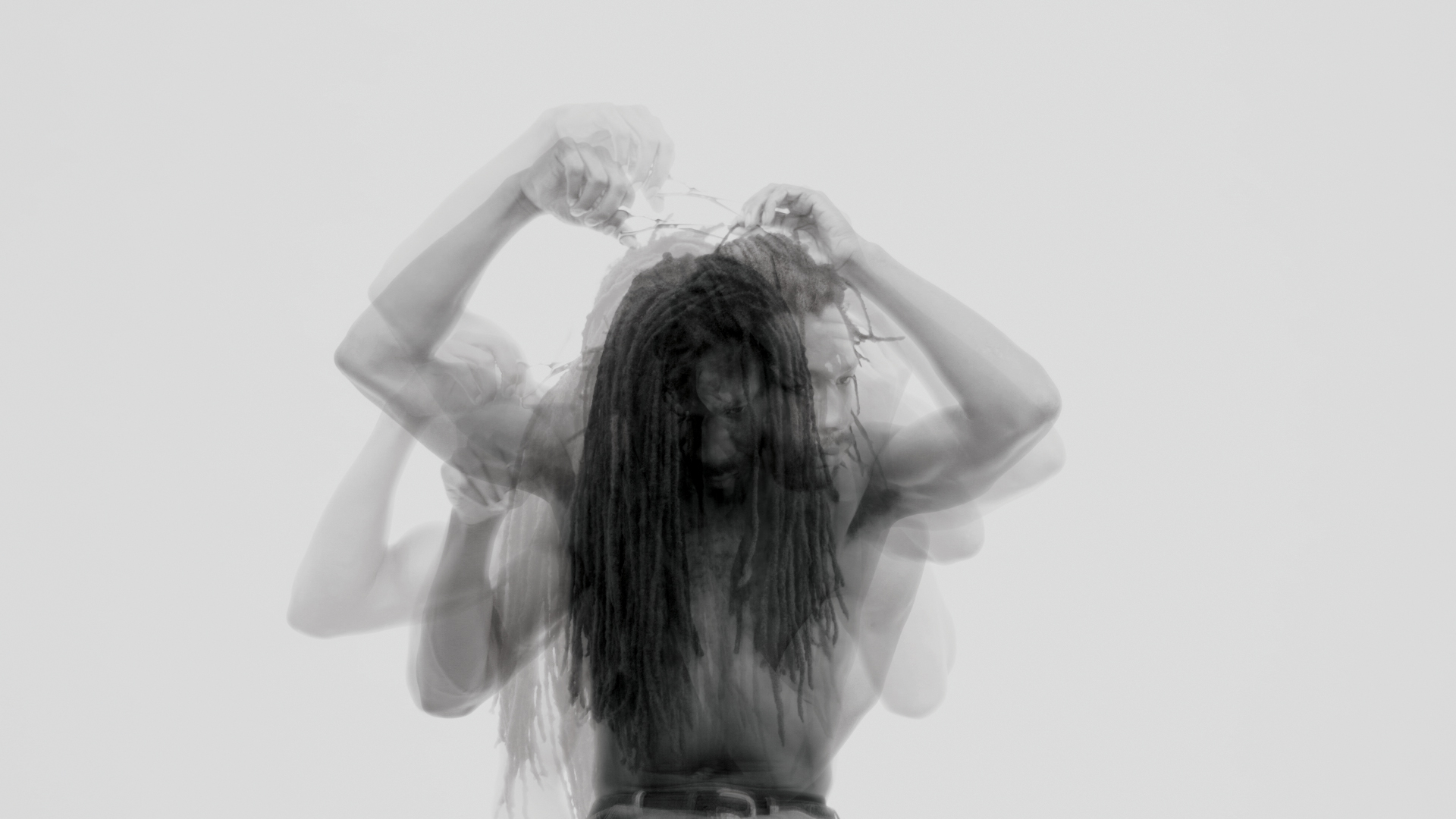
It does hurt that we could never be as close as I would have liked. Time and distance can make for cruel bedfellows. Though it may not provide comfort, do rest assured that not a day goes past without me thinking of you.
I hear news of your joys and travails and each time find myself shuddering with feeling as though I am there with you. I hope you will write yourself soon and tell me more. The images all seem to pan across your skin but rarely your heart, which still remains an enigma. Things always seem more clear when I hear from you directly. Even the many honest travelers that have visited you, looking to tell your story through their words and pictures, bring back lenses foggy with misinterpretation. I can make out the shapes but not the truth. Voices from home even carry with them sometimes-beautiful lyrical stories. Yet I fear something is missing and I would love to hear what you say yourself. I still fondly recall as a youth stealthily slipping into your room to steal sweets, unaware that cataracts were no hindrance to your ears and your tongue.
I moved a lot growing up, but the time I spent with you as a child after being born on this island remains ever lucid in my memory. I remember that unmistakable dusty haze of the dry season, colours and lights smeared into a whirling carousel as you took me by the hand to hospital, after I foolishly allowed a wound to get infected because I was afraid of the way it would be treated. I also remember the mild celebrity status my brother and I had, being the only children with manicured English accents at school in Lagos and the unavoidable readings of fairytales to the rest of the class every week, as though we were miniature newscasters to the antics of Hans Christian Andersen.
It may prove difficult to recount all that has happened, the things I have done and who I have become since we were last face to face and I received the warmth of your embrace. I am a man now with I guess, a clearer sense of who I am and might still become. Whether that makes me wiser, I’m not sure, but what I do know is I seem to have many more questions and the rest of my family over here does too.
Today I look very much like you. My weatherworn dreadlocked hair: the formulation of which still seems to remain an exotic enigma to most. Over here such a natural appearance can’t exist beyond the arena of popular culture, but we both know it has been the hair’s natural state for centuries. My skin is a badge, but I long ago chose to ignore the quiet murmur my presence can often evoke. My work is multifaceted, ambiguous but punctured with a signature rhythm that some have said comes clearly from you. It’s only recently I’ve stepped back from the canvas to see they may have a point.
I am so many different things now and the world you have scattered us in is so large that I struggle to find where to begin talking about myself. My brother and cousins also do too. Through our twenties and now into our thirties, we’ve asked questions of our swift globalised culture, which doesn’t give answers freely.
To find a place, a home, or a way to create a structure around our layered identity we reach for labels, a way to define our expansive, upwardly mobile, vehemently educated view of the world and our place within it. I hear words like ‘Afropolitan’, which I struggle to acknowledge. As though we’ve reached a point on the evolutionary scale where we can now be regarded in the same sense as those whose heritage lies within the annals of the west’s own construct.
Since arriving here we have all battled for adequate inclusion, we brought with us your culture, your languages and your face. The notion of ‘Blackness’ itself has become something bigger. Many of us that have been flung further from your bosom — either through time or distance — clamber earnestly up your back for security, for a real need to define ourselves with your rhythm. Your exoticness and otherness has been forever put to us, and the rest of the world through reductive signification, stereotypical characteristics of economic fragility and louche promiscuity. The supposed virility of your sons still brings with it an enigmatic mysticism even after generations of procreative assimilation. To the same extent, the faces of your sons still provoke an anxiety even our liberals are uncomfortable to address. I will always be referred to as the big ‘black’ guy, as opposed to just the ‘big guy’ as that definition needs to be made clear for comfort and a need to control a fear of the unknown. You might think saying ‘Unknown’ is a tad hyperbolic, given where we currently stand but it rings true rather than being an exclamation of paranoia. They still stare curiously, even amidst the swinging, liberal, semiotically educated environment I choose to inhabit. I will still be the guy they whisper to at a party, awkwardly, apologetically to ask if I ‘might know where they can acquire some drugs’. Yet they ask anyway.
We carry a pain, earnestness but also a monolithic dignity. Those recently arrived whether through conflict, persecution or economic hardship convey this the most. Their alienation is the catalyst for a creative process that gives a true voice to your stories. In this we see erudite ripostes to the lazy generalisations of external commentators and a much clearer sense of what we are to become going forward. I know you look after yourself. You are looking forward, reaching and aspiring to a new echelon. I know your struggles remain, and battles exist within your own conflicting ideologies. Cause and effect. I witness from afar those whipping up a backlash to the west’s first Christian, now capitalist, influence. I see the need to revolt and disengage with the hierarchy. Rest assured, I’m not at all a supporter of their ruthless violence, yet somehow I see in them a sprinkling of the same pursuit of identity as I see in your diaspora around the world.
We look like you, but sound like them. My construct is so much you; it is jollof rice and Fela Kuti. It is shouty aunts and soulful odes to your God. I am all these things, yet I’m also inflected with the tannins of French and Russian literature, of classical music, and the films of the Nouvelle Vague. Growing up amidst this kaleidoscopic environment could be seen as confusing, yet these juxtapositions are curiously thrilling. Wouldn’t you say being born here is already a redefinition of what being African is? I study our globally distributed culture and feel your
Vibrations in everything. Yet we ourselves seem to cling to a more simplistic definition and struggle to embrace our multiplicity. There are many distinctive traits of behaviour in those of us that find ourselves away from the warmth of your glow. Many of us have never even known that heat, only a trace, an idea that recurs through the tales told and the music played.
Here life is certainly interesting. I’m surrounded by brothers, sisters and cousins, though at times they’re not always recognisable. For many of them, your god remains strong and has travelled well. Sundays still gleam in newly waxed chrome detail and shimmering headdress. Time seems to have changed little in this respect and I see my brothers and sisters battling with the tenacious paradox of fear of damnation and the reality of life’s everyday multiplicity. So forgive me when I wince during your sentences interrupted by prayer.
My immediate recoil from this is a reaction to a lifetime of wilful apathy. Apathy inspired by religion. You stop and pray at every turn, often forgoing the action to follow the prayer. As Wole Soyinka has done through his work over the years, it does more to make me ponder how you were before they brought this celestial ultimatum to your shores.
When we finally meet again, I hope to have more to say to you. It is possible that redefinition needs only acknowledgement to inspire confidence in your offspring to go forward. We needn’t wear your dress to represent you, we simply need to take what we are all so proud of and claim what was already ours. The world’s plates are forever shifting socially, politically and economically. The earth is constantly renewing itself, we of your diaspora need only avoid stagnation, take on board a progressive stance that brings your rhythms up to an astral
plane to confidently change shape and form as needs must.
We must thrive in the global glare of the spectacle and not be cowed by its forceful dictation. Meanwhile I hope to see you continue to grow and push on in taking your rightful place as a beacon of inspiration to the world.
O digba ka na,
Your grandson Michael
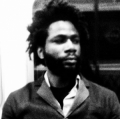
About Michael Salu
Michael Salu is a creative director, artist and writer. His fiction, non fiction and art has appeared in a range of publications including, The Short Anthology, Grey Magazine, granta.com and most recently A Tale of two Cities, published by OR Books. His latest work is a film entitled ‘Yesterday’ and he runs multidisciplinary creative agency https://salu.io/

